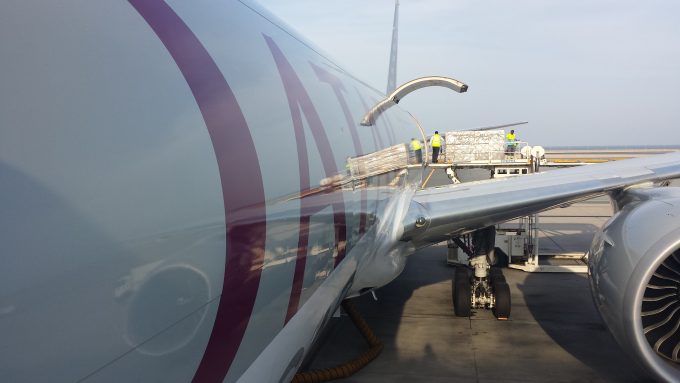ANA postpones NCA takeover again, as QR Cargo joins hands with MasKargo
Airline cargo partnerships are rare. One of the most successful, between Lufthansa Cargo, United and ...

Qatar Airways chief cargo officer Guillaume Halleux talks to The Loadstar about the first days of the pandemic, profiteering and “appalling” unethical behaviour in the market
“The biggest challenge was sleep deprivation.”
When the Covid-19 pandemic hit the world last year. Qatar Airways, like its rivals, was busy with the business of air transport. Like its rivals, its business changed overnight.
Guillaume Halleux, chief officer cargo, explains what it was like.
“It was total unpredictability. You woke up to 80% of capacity going, overnight. ...
Maersk u-turn as port congestion increases across Northern Europe
Apple logistics chief Gal Dayan quits to join forwarding group
Maersk Air Cargo sees volumes fall as it aims for 'margin in favour of revenue'
Airlines slash freighter capacity post-de minimis, but 'the worst is yet to come'
Houthis tell Trump they will end attacks on Red Sea shipping
Transpac rates hold firm as capacity is diverted to Asia-Europe lanes
MSC revamps east-west network as alliance strategies on blanking vary
India-Pakistan 'tit-for-tat' cargo ban sparks sudden supply chain shocks

Comment on this article